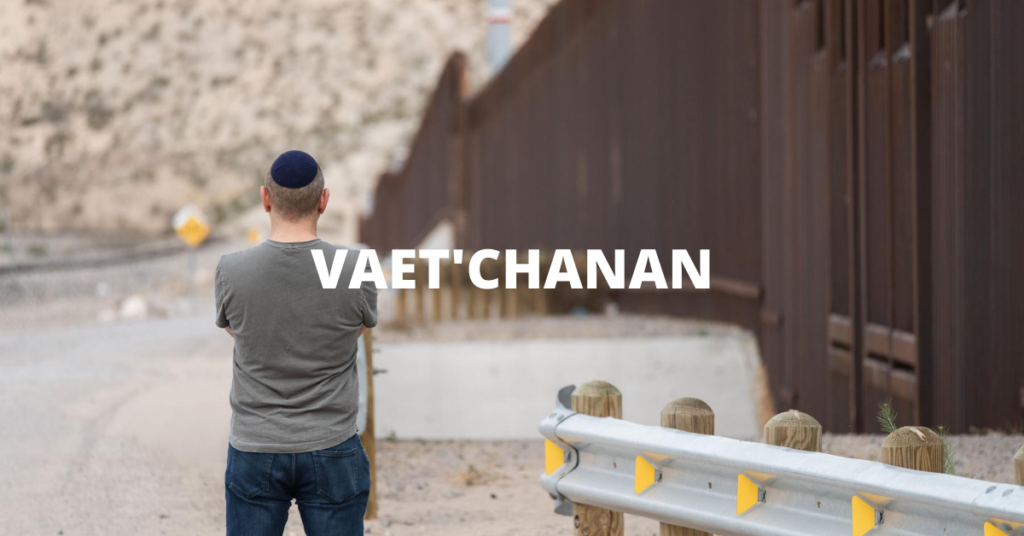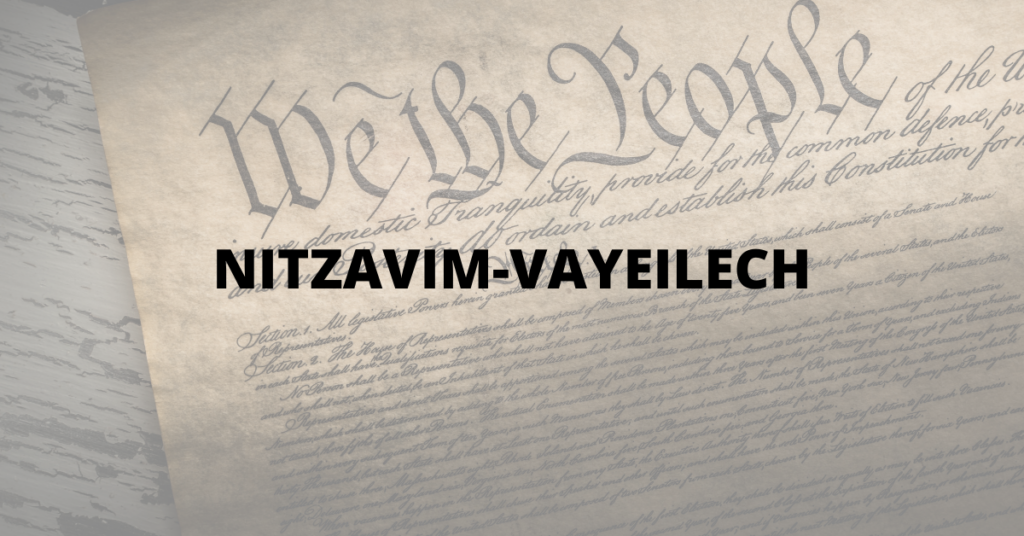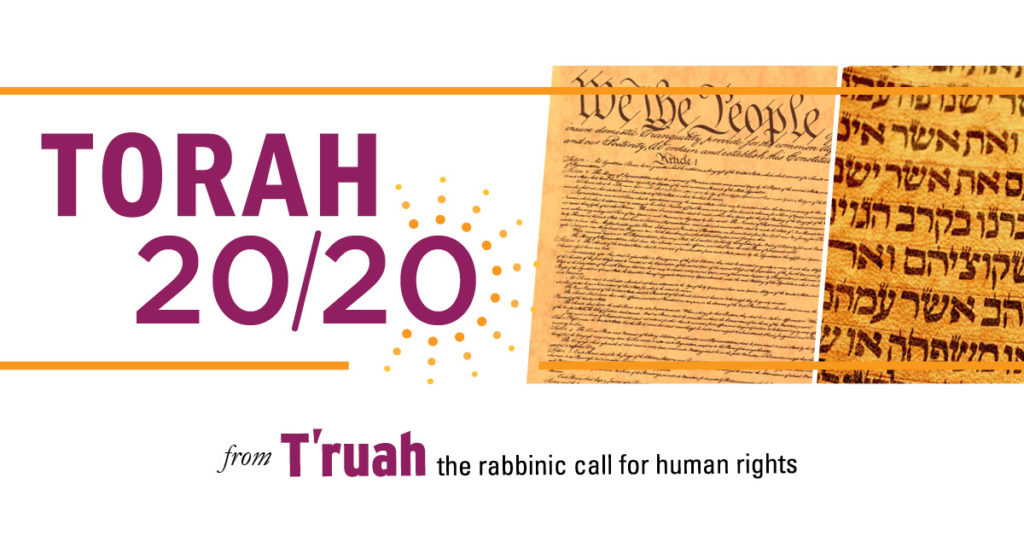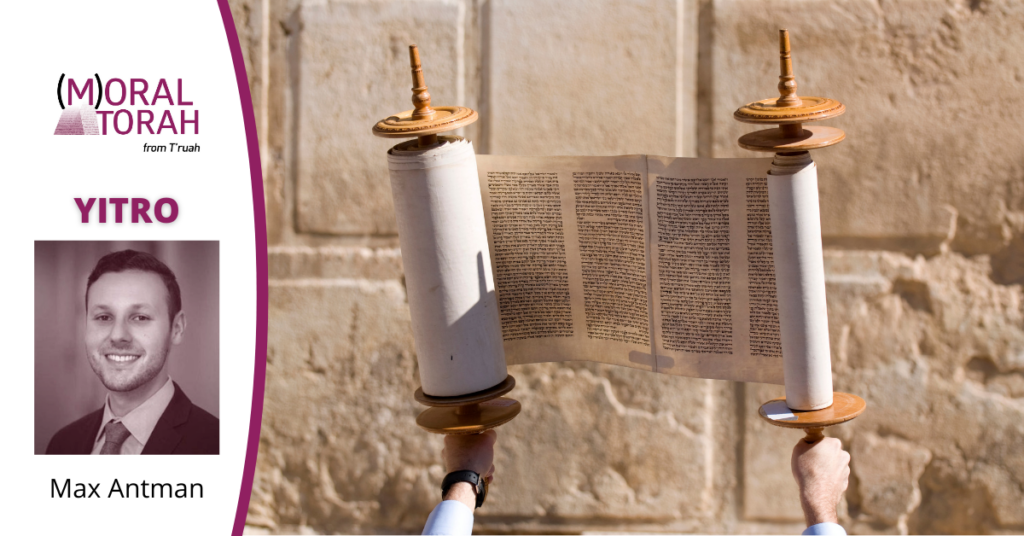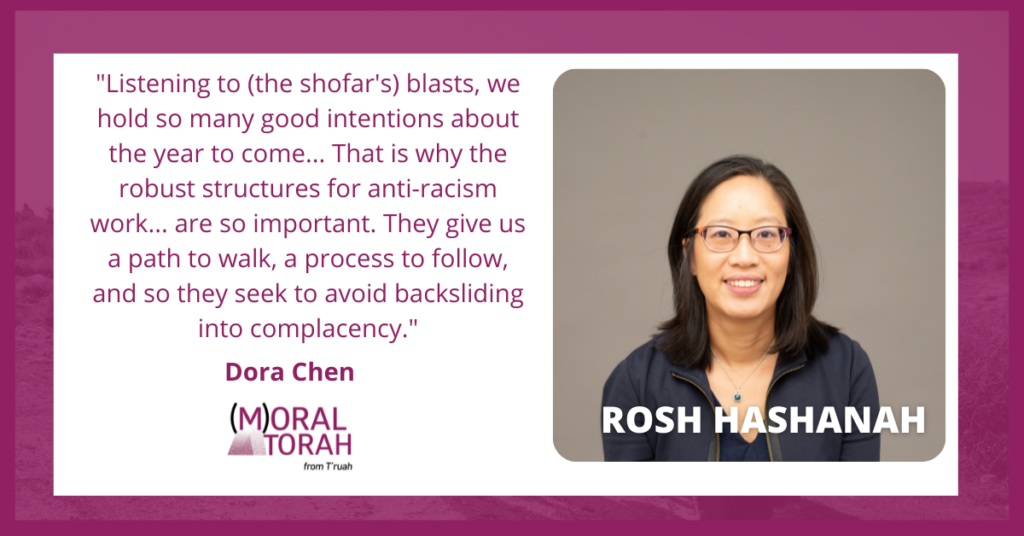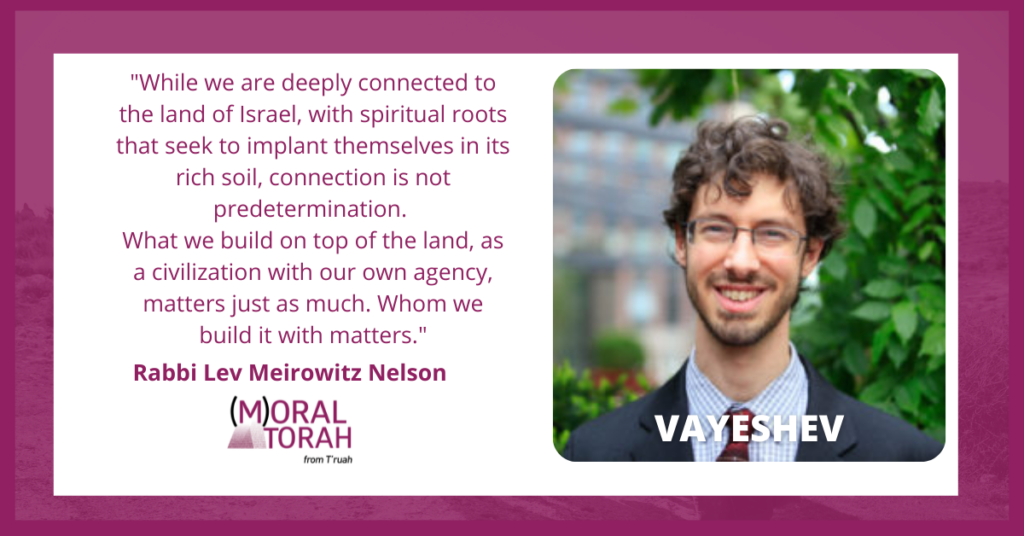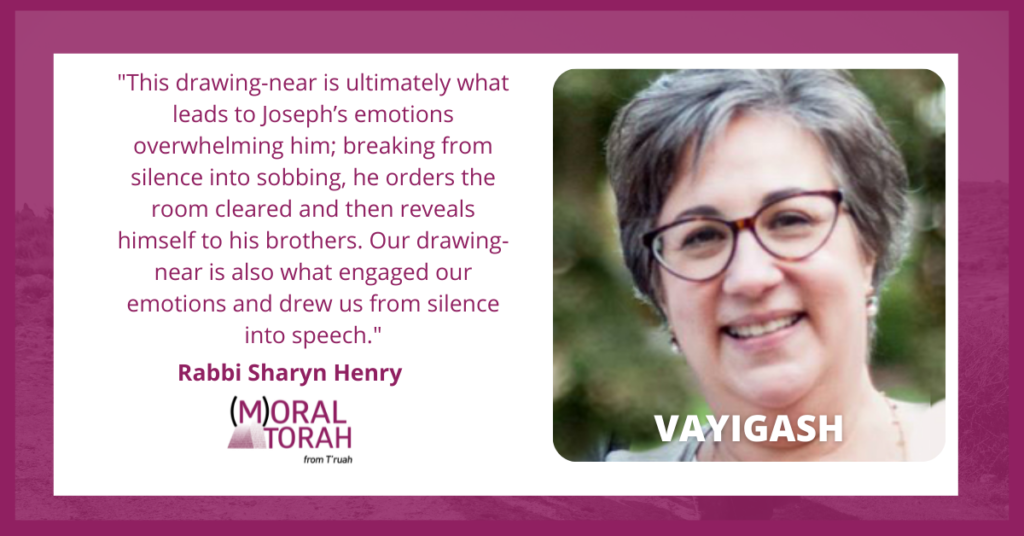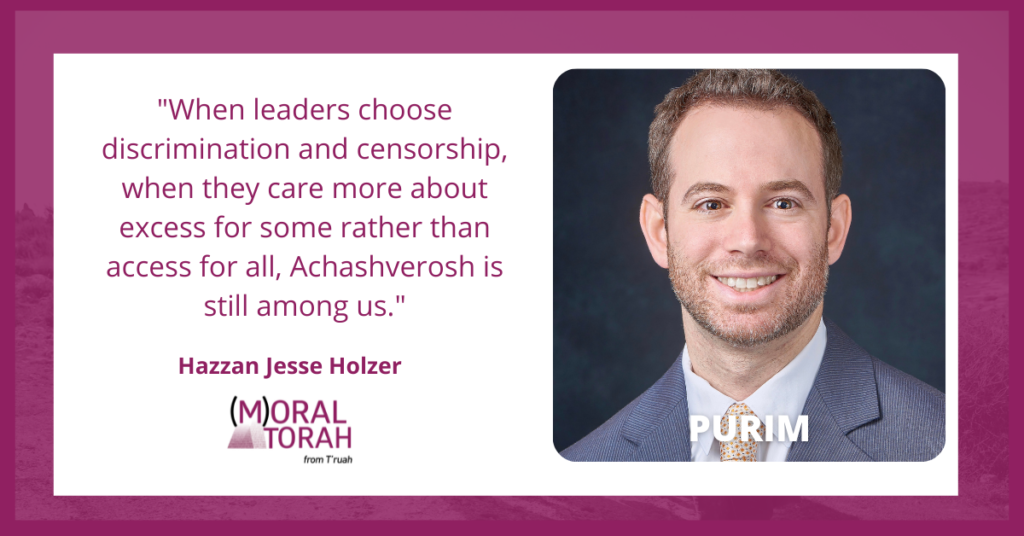
The Problem with Korach is the Problem with “All Lives Matter”
Both of Korach’s challenges have the same structure. Korach rejects the notion that something small— either tzitzit or mezuzah—could be more important than something big. In opposing tzitzit to a blue tallit and mezuzah to a houseful of scrolls, the midrash picks up on Korach’s tactic of putting Moses and Aaron in opposition to “all of the community.” Korach invokes the whole, promoting the general over the specific, the greater over the lesser. He fails to recognize that in Torah, the detailed particulars make all the difference. In the realm of ritual as in the domain of justice, the demands of righteousness are precise.
read more

